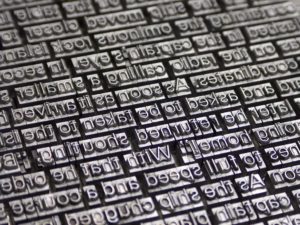[Greek] στερεόω (stereoō), [Latin] solido, [Latin] firmum, [Latin] perfectorum: to make firm, be strengthened, to make strong, to make solid, to receive strength; Act.3:16, Act.16:5, Act.3:7

Background Information:
Old Testament: Outside the bible, this term is rarely used. The meaning of this word is related to stereoma, relating to creation and firmament. The prophet makes mention of the firmament of the heavens (Dan.3:56). God becomes known as the revered one of the firmament. God then establishes the earth as the firmament.
Scripture:
“Then Peter took him (the beggar) by the right hand and raised him up, and immediately his feet and ankles grew strong.” Act. 3:7
Peter, by the authority of Jesus’ name, healed the beggar. The beggar’s feet and ankles became strong so the he could walk. The beggar was physically strengthened.
“Day after day the churches grew stronger in faith and increased in number.” Act. 16:5
The churches grew both internally and externally. Internally, the congregants’ faith in God strengthened. Externally, because of the increased number of congregants into the Church, there was a need to build more churches. The Church strengthened in faith and size.
Stereotype: This term comes from the printing trade and was first adopted in 1798 by Firmin Didot to describe a printing plate that duplicated any typography. The duplicate plate, or the stereotype is used for printing instead of the original. The first reference of a stereotype as an unchanged image was in 1850. It was not until 1922 that stereotype was used in a psychological or sociological context.
Stereophonic sound: This is a sound reproduction that creates an illusion of a multiple audible perspective. This is achieved by using two or more independent audio channels. This gives the impression of sound heard from various directions.
Conclusion:
Stereo, stereotype, stereophone, firm, solid, perfect
I would have never thought that stereo would be identified with firmness, strength, or solidness. Music in stereo form produces a stronger and deeper sound. A stereotype can be lasting and difficult to change or break. There is a common thread of durability in these examples. In current times, a stereotype may involve someone’s perception of another. To be honest, these stereotypes can be both positive and negative. However, as we all know, stereotypes are most often negative. These kinds of stereotypes are often hard to break and difficult to erase, like an old fashioned stereotype.
